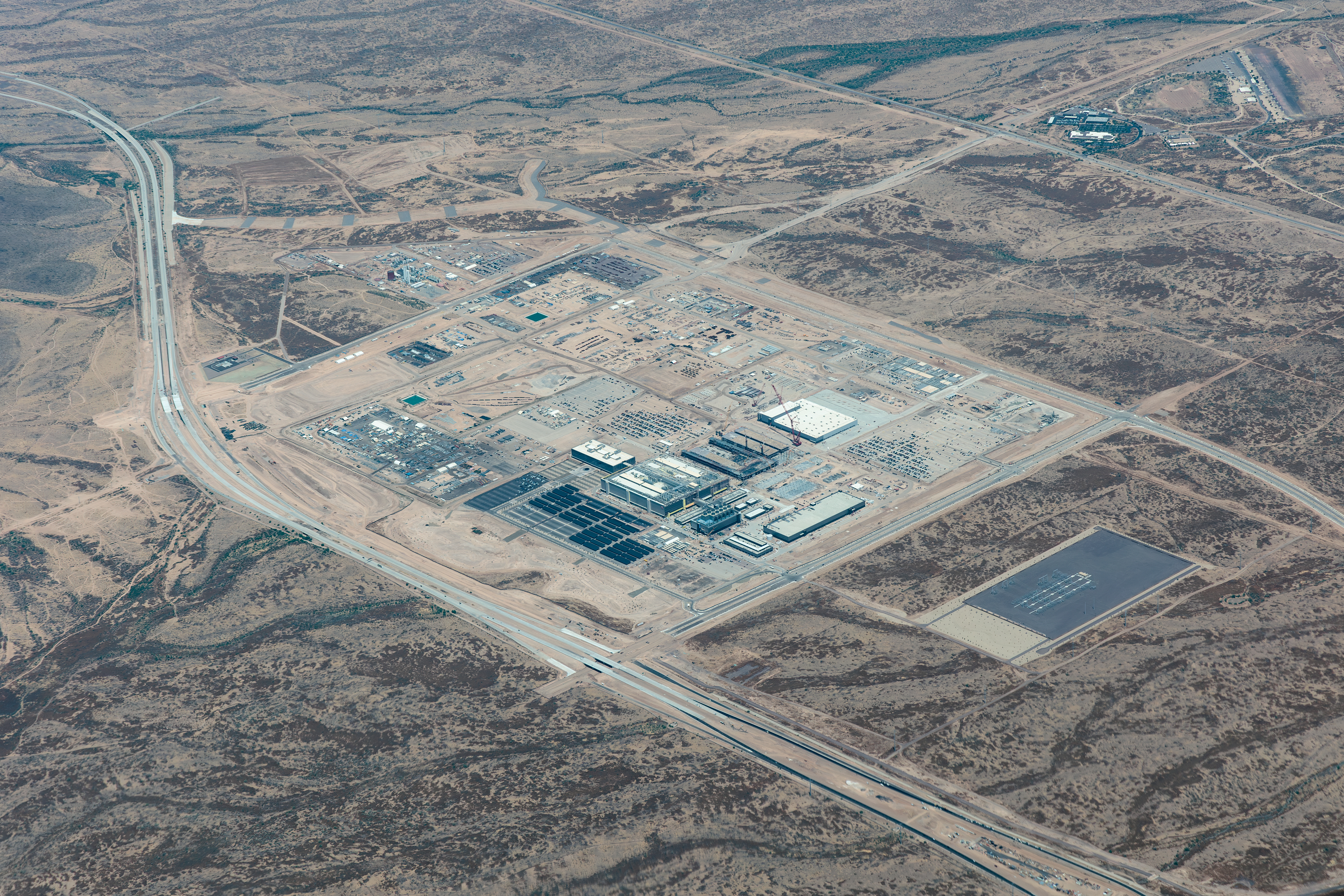
Your next iPhone could come with hidden costs, thanks to price hikes from silicon manufacturer TSMC (Taiwan Semiconductor Manufacturing Company).
TSMC reported it's first quarter 2025 earnings today, indicating a net income of $361.56 billion.
During the earnings call with shareholders, Wendell Huang, Senior VP and Chief Financial Officer, indicated that "uncertainties and risks from the potential impact from tariff policies exist. We will continue to closely monitor the potential impact on the end market demand, and manage our business prudently."
One of TSMC's strategies to avoid fallout from the potential U.S. tariffs appears to involve moving some of the company's 3 nanometer (nm), 2nm, and 1.6nm silicon wafer manufacturing processes to the Fab 21 plant in Arizona.
While this would save TSMC's partners on tariffs, it would still come with increased costs.
Reports indicate a 30% price hike on the 4nm chips being made in Fab 21 in Arizona, and that price hike would likely also affect any future silicon wafers made in that silicon fab.
And with Apple slated to be the first company with chips made from TSMC's 2nm process node, that could have a major impact on iPhone and MacBook prices in the coming generations.
TSMC is moving its cutting-edge 2nm and 1.6nm silicon wafer production to the US

During this week's earnings call, TSMC announced plans to move production of 30% of its N2 (2nm) silicon wafers to the U.S.
TSMC will also make its Fab 21 Arizona plant an independent semiconductor manufacturing cluster, likely in a bid to keep the plant from facing U.S. tariffs should the Trump Administration go forward with import tariffs on silicon from Taiwan.
Along with the 2nm wafers, TSMC is also planning to build new fabrication modules to produce N3 (3nm) and A16 (1.6nm) wafers in Fab 21 in Arizona.
This would allow TSMC to make Apple's current silicon lineup (A18 and M4) domestically, as well as work on future chips like the Apple A20 and M6, which are expected to use the N2 process node.
Moving cutting-edge silicon manufacturing to the U.S. is a solid business move for TSMC, as Intel Foundry is currently the only domestic US silicon manufacturer with a 2nm node for the Intel A18 process, which is being used in the Panther Lake chipset.
This is especially true as TSMC has denied recent rumors of a joint business venture with Intel.
However, increased U.S. fabrication will come with increased costs due to the price of U.S. labor.
Apple's A20 is expected to use TSMC's 2nm process

Apple is one of TSMC's largest clients, manufacturing Apple's A and M series silicon. Apple is expected to move to TSMC's 2nm process node for future chipsets like the iPhone 18's A20 and the rumored M6 generation for MacBooks and iPads.
With TSMC rumored to raise prices on its U.S.-made 4nm and 2nm process nodes by 30%, the iPhone 18 would cost significantly more than the upcoming iPhone 17, which is already expected to see a major price increase over the iPhone 16 due to import tariffs.
After all, TSMC may not sell directly to customers, but the manufacturer's increased costs will have to be picked up by Apple. In order to keep making profits off iPhone sales, Apple will need to raise prices accordingly.
And that's not even including the import tariffs that could be accrued from Apple's assembly lines. Most iPhones are still assembled in China, though reports indicate Apple is diversifying its supply lines to dodge the exorbitant (up to 245%) tariffs on Chinese products.
Granted, TSMC may not raise prices by 30%, and the U.S. tariffs may not go into effect at the current rate. So all of this is subject to a lot of change before the iPhone 18 is expected to hit the market in Fall 2026.
But if you were looking to upgrade your iPhone in the near future, it may be worth opting for the current iPhone 16 or the upcoming iPhone 17 to avoid massive price hikes.







